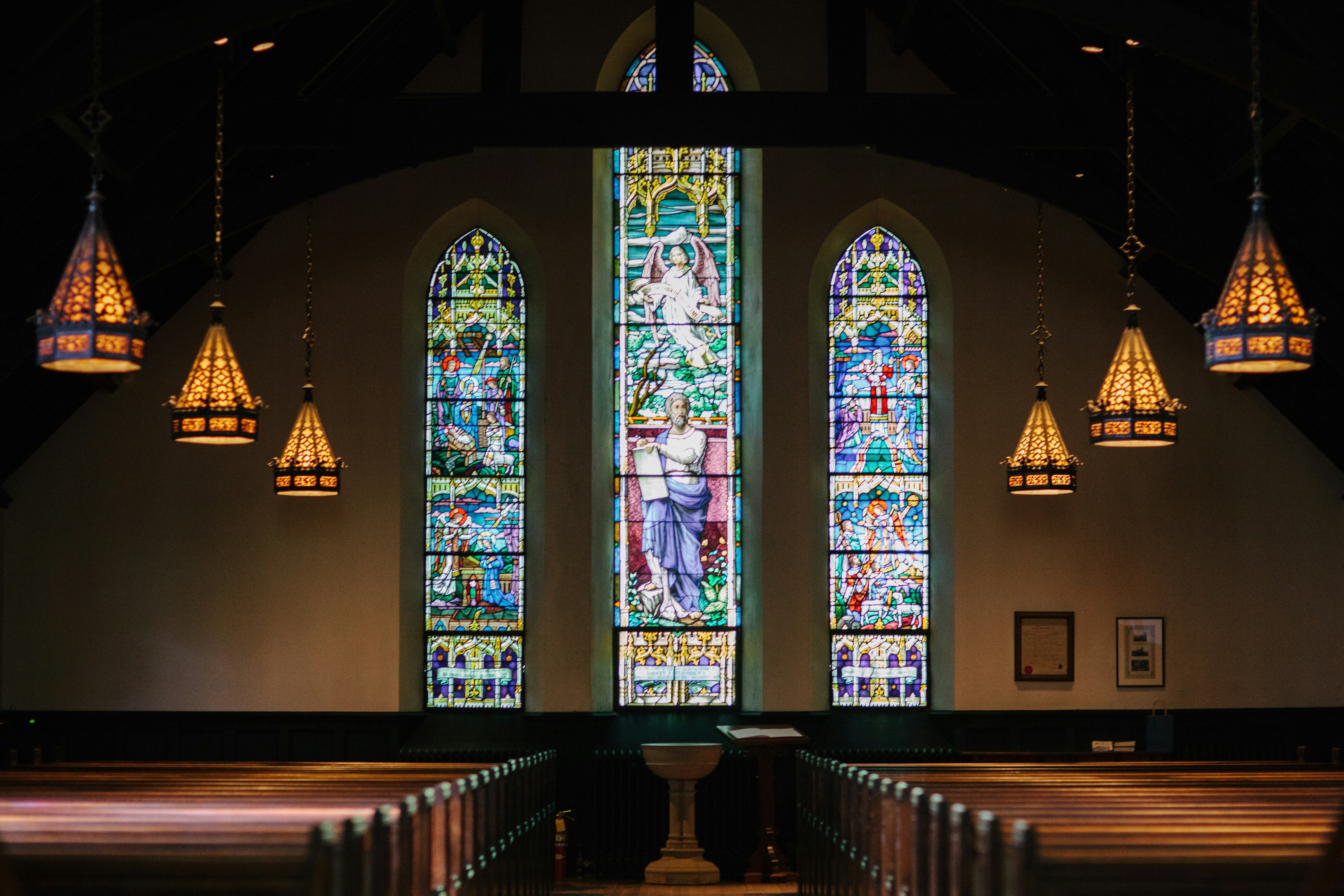

Unsplash
Church leaders urge govt to scrap Treaty bill
Church leaders played a crucial role in the signing of the 1840 Te Tiriti o Waitangi, and many are now calling on the government to stand by the original document.



AUKUS on the rocks? Delays to Australia's submarines are raising concerns in the Pacific

Game over: EB Games to close all Aotearoa stores by month’s end

China maintains Pacific climate support as US labels SPREP ‘wasteful’


Former Niue Premier and army veteran Sani Lakatani remembered for lifetime of service

AUKUS on the rocks? Delays to Australia's submarines are raising concerns in the Pacific

Game over: EB Games to close all Aotearoa stores by month’s end

China maintains Pacific climate support as US labels SPREP ‘wasteful’
They say never to mix religion and politics, but an open letter from 440 church leaders is doing exactly that.
Prominent leaders from the Anglican, Catholic and Methodist denominations are urging the government to stop the Treaty Principles Bill from going ahead, saying it will cause more social division and undermine the original agreement.
Advocacy group Common Grace co-director Alex Johnson says the church has a moral obligation to speak truth to power and advocate for justice.
“Our involvement in this issue is not about partisan politics but about upholding the principles of justice, of peacemaking, compassion and reconciliation that are central to our faith.”
The controversial bill was a condition of the coalition government's negotiations, and is being reviewed by Cabinet today, before the first reading in November. Johnston said they wanted to voice their concern before this stage, and were blown away by the response from church leaders.
“Different church denominations have been going on a re-education journey around our understanding of the Treaty and deepening our commitment to honouring it over the last 20, 30, 40 years.
“And in many places within the church, there are the deep commitments to grappling with our history and looking to how the church could honour the treaty, so there was a real willingness from many leaders to come on board and sign this letter.”

Church leaders want the original Te Tiriti principles upheld. Photo/Karl Fredrickson via Unsplash
ACT Party leader David Seymour told the Herald the pushback from churches was undemocratic, and the church does not own the moral compass on New Zealanders, but Johnston disagrees.
“Our faith demands that we engage with the world around us and we address issues like poverty and equality and injustice, and so to remain silent on this issue would be, to me, a dereliction of our duty to love our neighbours and to seek the common good.”
Why should Pacific people care about this?
Stats NZ figures show two-thirds of Pacific people have Christian affiliation. Johnston said it’s a natural fit for Christians to be involved in this issue.
“The Treaty of Waitangi itself is something that the Church was deeply involved in, the drafting of the signing and the promotion of the Treaty, with Church missionaries that took it around the motu and convinced rangatira to sign on.
“So the Church has this deep ongoing history with the Treaty of Waitangi, as well as being a problematic history with being complicit in the ongoing colonisation of Aotearoa, and so we have many Christians looking to honour the text of Te Tiriti as part of our Christian witness, as something that we see as a sacred covenant, that there's a promise here that was made that has been broken and that we need to work to restore.”
Acting Human Rights Commissioner Saunoamaali'i Dr Karanina Sumeo said the inclusion of Pacific peoples around Māori issues has been especially evident with the coronation anniversary and subsequent death of Kiingi Tuheitia.
“Some of our people are going, ‘Where’s the place for us in this whole Treaty discussion? Nobody talks about Pasifika, it’s all about European and Māori’, and then we go down to the tangi and we immediately feel included.
“We see the way that we are respected and we feel this is definitely a place for us.”
Stopping the conversation early
National and NZ First have both declared they will not support the bill past the first reading. Green Party spokesperson for Māori Development Hūhana Lyndon said this step will still be harmful, even if the eventual bill never gets passed.
“If they support it through first reading, it will go to a select committee, which will mean that submissions will be called and all of, you know, the box will be opened and all of this divisive kōrero will come out in the select committee.”
Speaking to William Terite on Pacific Mornings, Lyndon said the letter was a wake up call for politicians who will need to decide whether to vote along political or moral lines.
“The question is to our Christian MPs, are you going to respond to our church leadership? What are you going to do when your pastors, your ministers, and your leaders are saying, vote it down?”
Johnston said church leaders are prepared to continue speaking out on the issue.
“If it does go to the select committee, we'll be there to have our say and organise the Christians to have their say at the select committee process and it's certainly something that we're gonna stay engaged on."